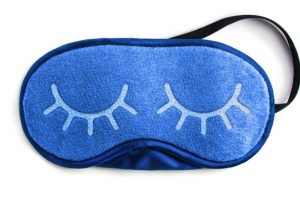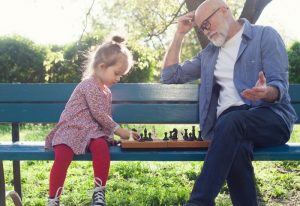In an era where poor choices are all around us, many people pride themselves on their good decision-making ability. Wise men throughout history have waited until the next day to finalize a big decision. In fact, our society has a saying for this behavior: to “sleep on it.” Although it is good to spend time thinking about big problems before moving forward, several studies suggest that there is more to this saying than we previously realized. New research on sleep and problem solving indicates that sleep can help with making difficult decisions and improve our logical performance in a variety of ways.
Sleep and Problem Solving

In addition, sleep has long been shown to play a role in memory and learning. When we sleep, different parts of our brains work together to help us not just to form memories, but to make sense of them and to apply the new knowledge to our current situations. It is easy to extrapolate how this could help people to make better decisions.
Although this information is powerful, it does not fully back up the cultural belief related to “sleeping on it.” However, a new study offers more concrete support for the cultural habit of having a night of rest before making a difficult decision.
Do You Make Better Decisions When You “Sleep on It?”
To determine how problem solving is handled when we sleep, researchers gave study participants the curious task of solving problems in their sleep. People were introduced to a logical problem just before they went to bed. As they slept, sounds and words were played to remind them of this puzzle. When they awoke, almost a third of the study participants were able to solve the puzzle — far more than the 20 percent who could solve the puzzle without “sleeping on it.” In other words, sleeping on a difficult problem increased the chances of solving it by more than fifty percent.
In modern life, many of the decisions we are faced with are equivalent to these logical tasks. We must incorporate information from different sources and consider multiple angles in order to find the ideal solution. However, how exactly is sleep helping people to successfully complete these complex tasks?
The answer may lie in sleep’s effect on memory consolidation and recall. Sometimes the answer to a difficult question is on the “tip of your tongue,” waiting to be discovered. At other times, we simply need more time to think about different solutions and to consider the possibilities. In both cases, sleep can help people to make the right choices for their long-term well-being.
Can Sleep Help Us to Apply Knowledge and Experience?
Another possible explanation for the better decision making after sleep is that sleep is known to help to activate different memories. Personal experiences are an important part of making an important decision; in addition, there may be relevant bits of experience that we have temporarily forgotten. Because sleep has been found to activate memories, it may assist us in making better choices by helping us to apply what we already know.

People throughout the Western world are often chronically sleep deprived. We simply are not getting the sleep quantity and quality that we need. This may be affecting our ability to make good decisions in both subtle and not-so-subtle ways. Getting more sleep may be a good decision not just for ourselves, but for all of the people who are impacted by our choices.
There is still a great deal that we do not understand about how sleep interacts with our cognition and problem-solving ability. However, this study shows us that we may be better able to make decisions when we get plenty of rest before making hard choices. Getting the right amount of sleep is important not just for making the best choices, but for maintaining optimum mind-body health for a lifetime.







